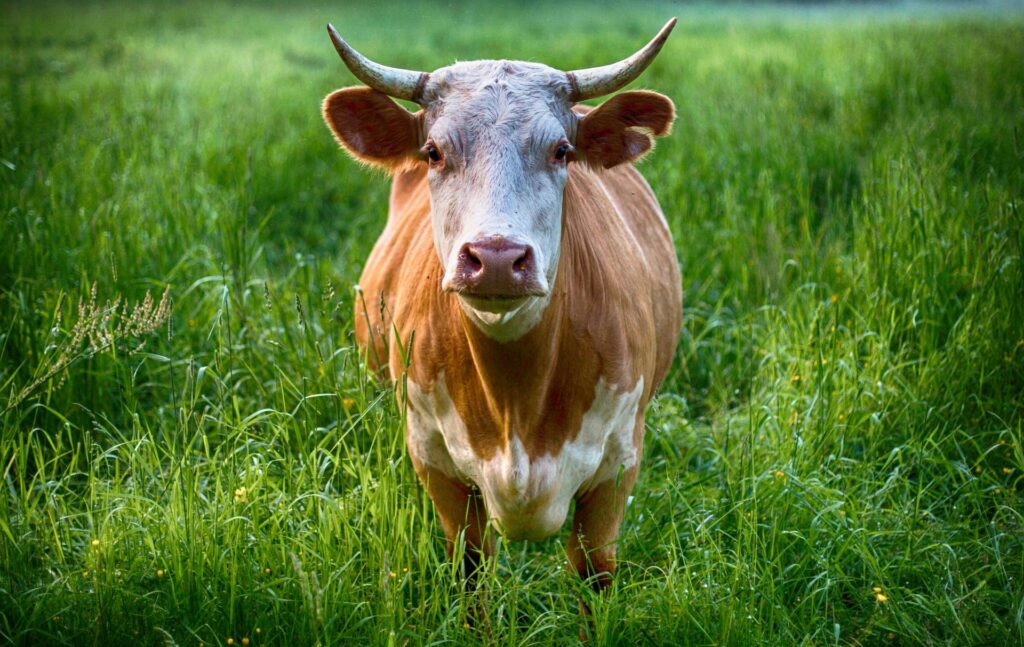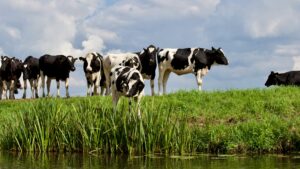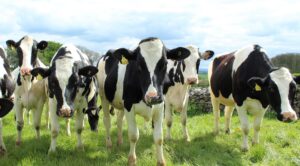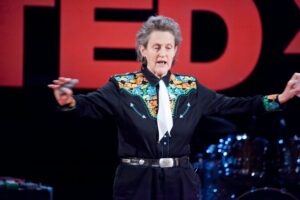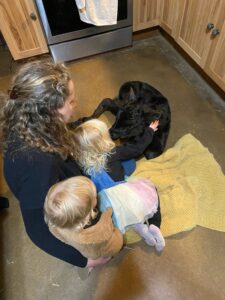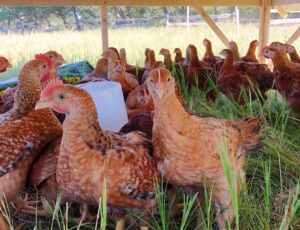In the world of beef production, transparency is key. Consumers want to know where their meat comes from, and rightfully so. However, recent changes in legislation have made it increasingly difficult for consumers to discern the true origins of the beef they purchase. This article delves into the controversial issue of Country of Origin Labeling (COOL) legislation, its repeal, and the unintended consequences that have allowed foreign beef to overtake the market while masquerading as a product of the USA.
Understanding COOL Legislation
Country of Origin Labeling (COOL) legislation was first introduced in the United States in 2002 with the goal of providing consumers with information about the origin of certain food products, including beef. Under COOL regulations, beef sold in grocery stores and supermarkets was required to bear labels indicating where the animal was born, raised, and slaughtered. This transparency empowered consumers to make informed choices about the products they purchased, supporting domestic producers and fostering trust in the food supply chain.
The Repeal of COOL
Despite its initial promise, COOL legislation faced fierce opposition from industry stakeholders, particularly meatpackers and multinational corporations with vested interests in the global beef trade. In 2015, after years of legal battles and lobbying efforts, COOL requirements for beef were effectively repealed as part of the Consolidated Appropriations Act [1]. This controversial decision dealt a significant blow to transparency in the beef industry and opened the door for foreign beef to flood the US market without clear labeling requirements.
The Rise of Foreign Beef
With COOL repealed, foreign beef producers seized the opportunity to capitalize on the lucrative US market, often at the expense of domestic producers. While some foreign beef is still labeled with its country of origin, loopholes in labeling requirements and lax enforcement have allowed unscrupulous actors to exploit ambiguity in the system. As a result, foreign beef can be imported into the US, processed or repackaged, and sold to consumers without clear indication of its origin.
One concerning trend is the practice of “commingling,” where beef from multiple countries is mixed together during processing, making it virtually impossible to trace the origin of the final product. This practice not only undermines consumer trust but also poses risks to food safety and security. Additionally, foreign beef producers may benefit from lower production costs and lax environmental and labor standards, giving them a competitive edge over domestic producers who adhere to stricter regulations.
The Consumer’s Dilemma
For consumers, the repeal of COOL has created a dilemma. Without clear labeling requirements, it is increasingly challenging to determine whether the beef they purchase is truly a product of the USA or sourced from overseas. This lack of transparency not only erodes consumer confidence but also deprives domestic producers of a level playing field in the marketplace.
Conclusion: Restoring Transparency and Fairness
The repeal of COOL legislation for beef has had far-reaching implications for the US beef industry, enabling foreign producers to penetrate the market while obscuring the true origins of their products. To address this issue, there is a growing call for the reinstatement of COOL requirements, or similar labeling initiatives, to ensure transparency and fairness in the beef supply chain.
By empowering consumers with information about the origin of their beef, COOL legislation not only supports domestic producers but also fosters trust and accountability throughout the food system. As consumers become increasingly conscious of the social, environmental, and ethical implications of their purchasing decisions, transparent labeling becomes paramount in enabling informed choices and promoting a sustainable and resilient beef industry.
Sources:
- Consolidated Appropriations Act, 2015.
